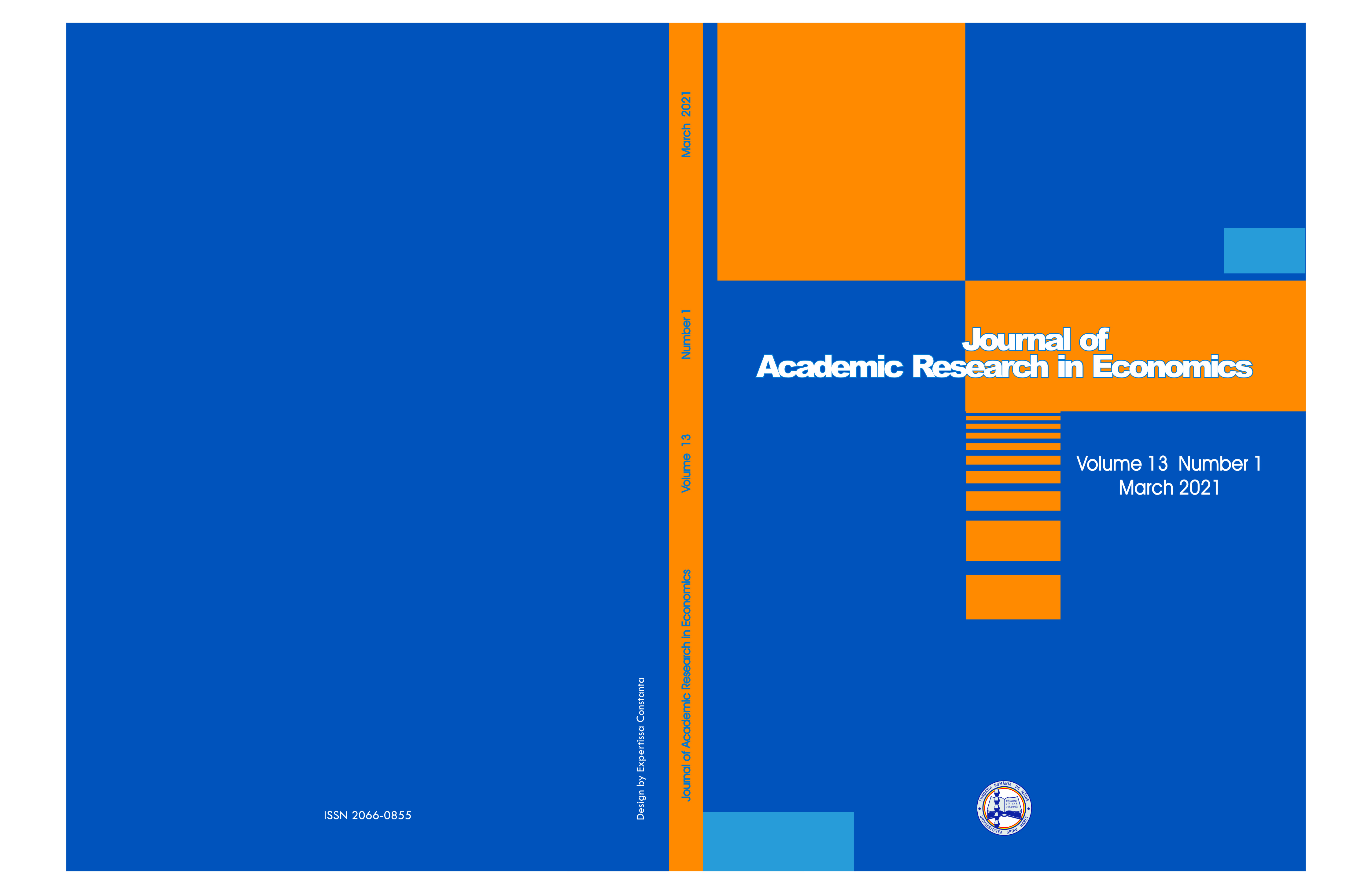VEHICLE LEASING COMPANY DEVELOPMENT IN NIGERIA
VEHICLE LEASING COMPANY DEVELOPMENT IN NIGERIA
Author(s): Olayiwola Muse Solanke, Bashiru Adisa Raji, Taiwo Karem AlliSubject(s): Transport / Logistics
Published by: Universitatea SPIRU HARET - Faculty of Accounting and Financial Management
Keywords: Development; Vehicle leasing; Financing; Leasing Companies; Nigeria;
Summary/Abstract: The acquisition of asset (vehicle) in transport financing is capital intensive and beyond individuals, companies and government. This invariably brings about alternative methods of vehicle acquisition such as purchasing, financing and leasing. Of all methods, Vehicle Leasing (VL) has received lopsided attention in Nigeria transport research. The study examined the development of vehicle leasing, types, forms as well as challenges confronting its operation in Nigeria. Disaggregated volume of Vehicle Leasing Companies (VLC) was obtained from Corporate Affairs Commission, literature relating to types and forms of leases were reviewed and challenges faced by the operators were obtained from four prominent VLC (Cashlink Leasing Plc (CLP), NIKKY Taurus Ltd (NTL), C & I Leasing (CIL) and Sterling Asset Management Trustee Leasing Ltd (SAMTL) that are found in Lagos out of the 23 cities in Nigeria in 2018. VL originated in Lagos with Pine Hill Leasing in 1986. In 2018, VL gradually spread across 23 urban centres with 297 VLC in operation. The largest and lowest proportions of VLC are located in Lagos (59) and Maiduguri (2) respectively. Direct, leverage, wet and dry, lease purchase, sales and leaseback are forms of leases practice by the VLC under operating and finance lease types. The challenges however faced by the VLC include cost of maintenance and service, poor pricing of lease service, inadequate financing of vehicles and default in financial obligation. It is recommended that, VLC should be accessible to loans and debentures at low interest rate, avoid unhealthy competition, increase expert and professionals in VL operation, encourage the use of locally manufactured vehicles and provision of sustainable policy regulation by the government.
Journal: Journal of Academic Research in Economics (JARE)
- Issue Year: 13/2021
- Issue No: 1
- Page Range: 90-113
- Page Count: 24
- Language: English

